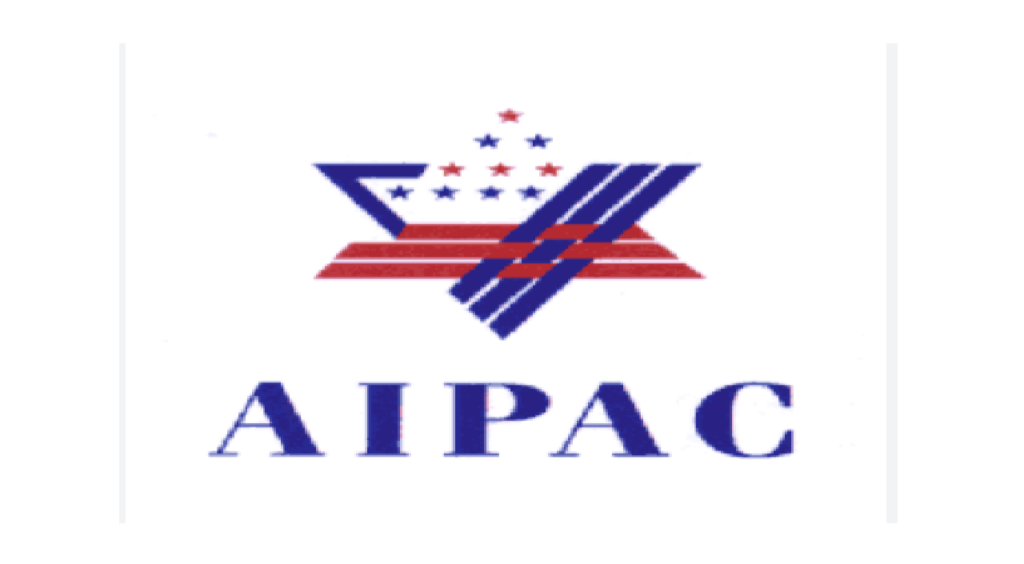Money Talks: The Impact of Pro-Israel Donations on Congressional Stances

In the complex arena of American politics, the influence of lobbying groups and campaign finance on policy decisions has long been a subject of scrutiny. A recent analysis by The Guardian sheds light on the significant impact of pro-Israel donations on the stances of members of Congress, particularly during times of conflict such as the Gaza war.
The investigation revealed a striking pattern: Congress members who received substantial contributions from pro-Israel groups were more likely to support Israel’s military actions and policies during the Gaza war, compared to those who showed stronger support for Palestine. This disparity in funding translated into a significant difference in campaign contributions, with pro-Israel supporters receiving over $100,000 more on average during their last election campaigns.
The analysis underscores the pervasive influence of pro-Israel lobbying groups in shaping US foreign policy, particularly regarding the Israeli-Palestinian conflict. It raises questions about the integrity of the political process and the extent to which campaign donations influence lawmakers’ positions on critical issues.
One of the key findings of the analysis is the overwhelming support for Israel among members of Congress, with 82% expressing more favorable views towards Israel compared to just 9% who leaned towards Palestine. This disparity is attributed, at least in part, to the substantial financial backing received by pro-Israel candidates.
Notably, the analysis highlights the success of centrist Democrats who received significant support from pro-Israel donors in defeating progressive challengers in primary elections. This suggests a strategic alignment between campaign contributions and political outcomes, with pro-Israel groups effectively influencing the composition of Congress.
Moreover, the analysis reveals the nuanced approaches taken by different members of Congress in response to the Gaza war, ranging from unequivocal support for Israel to calls for ceasefire and criticism of Israeli policies. These varying positions reflect the complex interplay between political ideology, campaign finance, and international relations.
The Guardian’s investigation also raises broader questions about the role of lobbying groups in American democracy. It draws parallels between pro-Israel organizations and other influential interest groups, such as the National Rifle Association (NRA), emphasizing the considerable resources at their disposal and their ability to sway political outcomes.
Critics argue that the outsized influence of pro-Israel donors not only distorts the democratic process but also stifles meaningful debate on US foreign policy towards Israel and Palestine. They point to the reluctance of lawmakers to challenge pro-Israel orthodoxy for fear of facing retribution from well-funded lobbying groups.
In response to the analysis, proponents of pro-Israel lobbying groups defend their right to participate in the democratic process and advocate for policies that align with their interests. They contend that campaign contributions are a legitimate form of political expression and reject accusations of undue influence on lawmakers’ decisions.
Overall, The Guardian’s analysis offers valuable insights into the intricate dynamics of money, politics, and foreign policy in the United States. It underscores the need for greater transparency and accountability in campaign finance, particularly concerning issues of international significance such as the Israeli-Palestinian conflict. As the debate continues, the role of lobbying groups and their impact on policymaking will remain a subject of intense scrutiny and debate.
| Instagram Page | Click Here |
| Go to Our Home Page | Click Here |
| Link For newsdigital24 Latest Job | Click Here |
| For our Facebook Page | Click Here |
